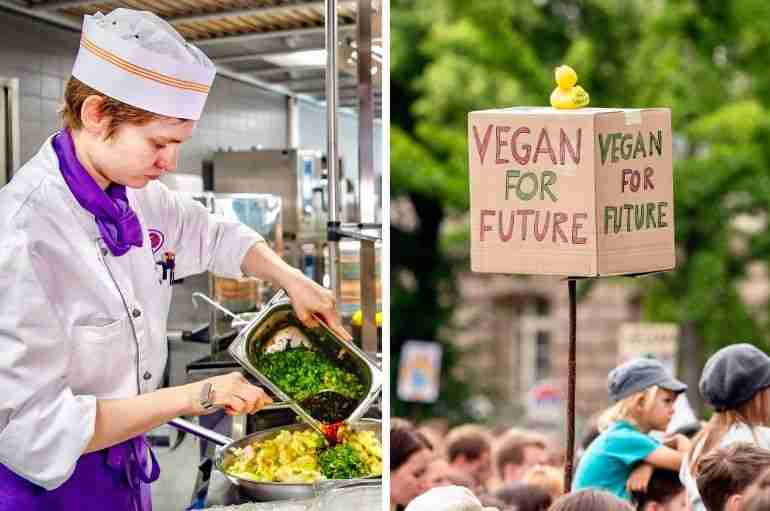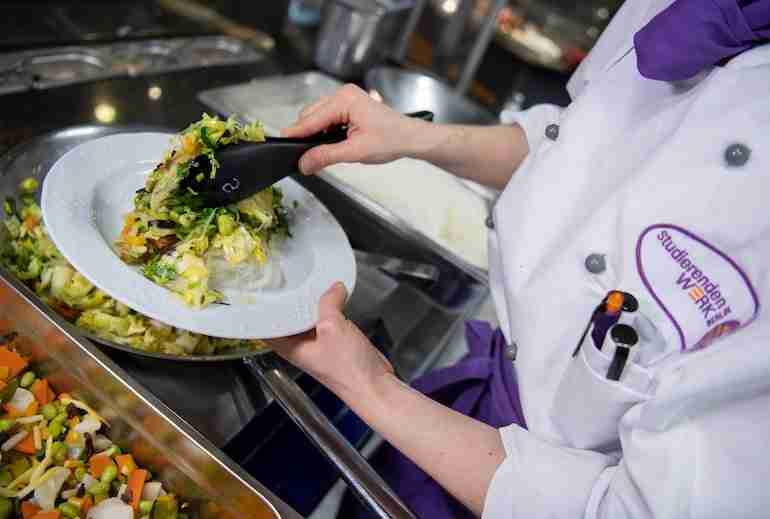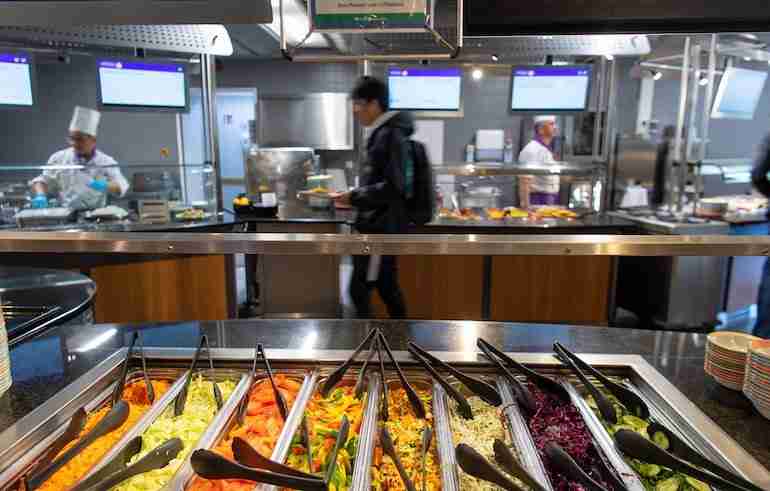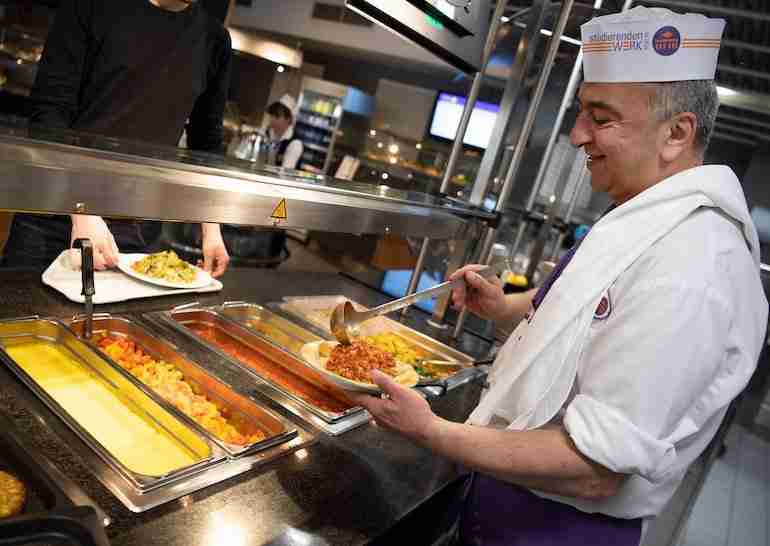Berlin’s Universities Are Going Mainly Vegan And Vegetarian To Help Combat Climate Change
In an effort to reduce their carbon footprints and curb climate change, Berlin’s universities will be offering mainly vegan and vegetarian meals from this October.

In an effort to reduce their carbon footprints and curb climate change, Berlin’s universities will be offering mainly vegan and vegetarian meals from this October.
Menus will be 68% vegan, 28% vegetarian, and only 4% will be meat and fish. On Mondays, there will be no meat dishes at all.

In Germany, meat is very common in many of the country’s traditional dishes.

Dishes students will be able to enjoy include a vegan vegetable stew with coconut milk and red lentils, buckwheat and spelt bowls with grilled sweet potatoes, marinated beetroot and sesame seeds, and a chickpea and quinoa bowl with vegetables and chia seeds.
Across Germany, 30 to 50% of university canteens and cafeteria offerings are already vegetarian after years of rising demand.
“We developed a new nutritional concept mainly because students have repeatedly approached us with the request for a more climate-friendly offer at their canteens,” Daniela Kummle from the student support group Studierendenwerk told the Guardian.

Farming animals is responsible for 14.5% of global greenhouse gas emissions, according to the United Nations Food and Agricultural Organization, and a 2019 report by the Intergovernmental Panel on Climate Change said plant-based diets were a major opportunity for mitigating climate change.
While the canteens are currently closed due to COVID-19, students can still pick up food on request.
At Berlin universities, climate protection has gradually become a pressing issue; Humboldt University in Berlin is planning to become climate neutral by 2030, and Berlin’s Technical University is hoping to do the same by 2045.




